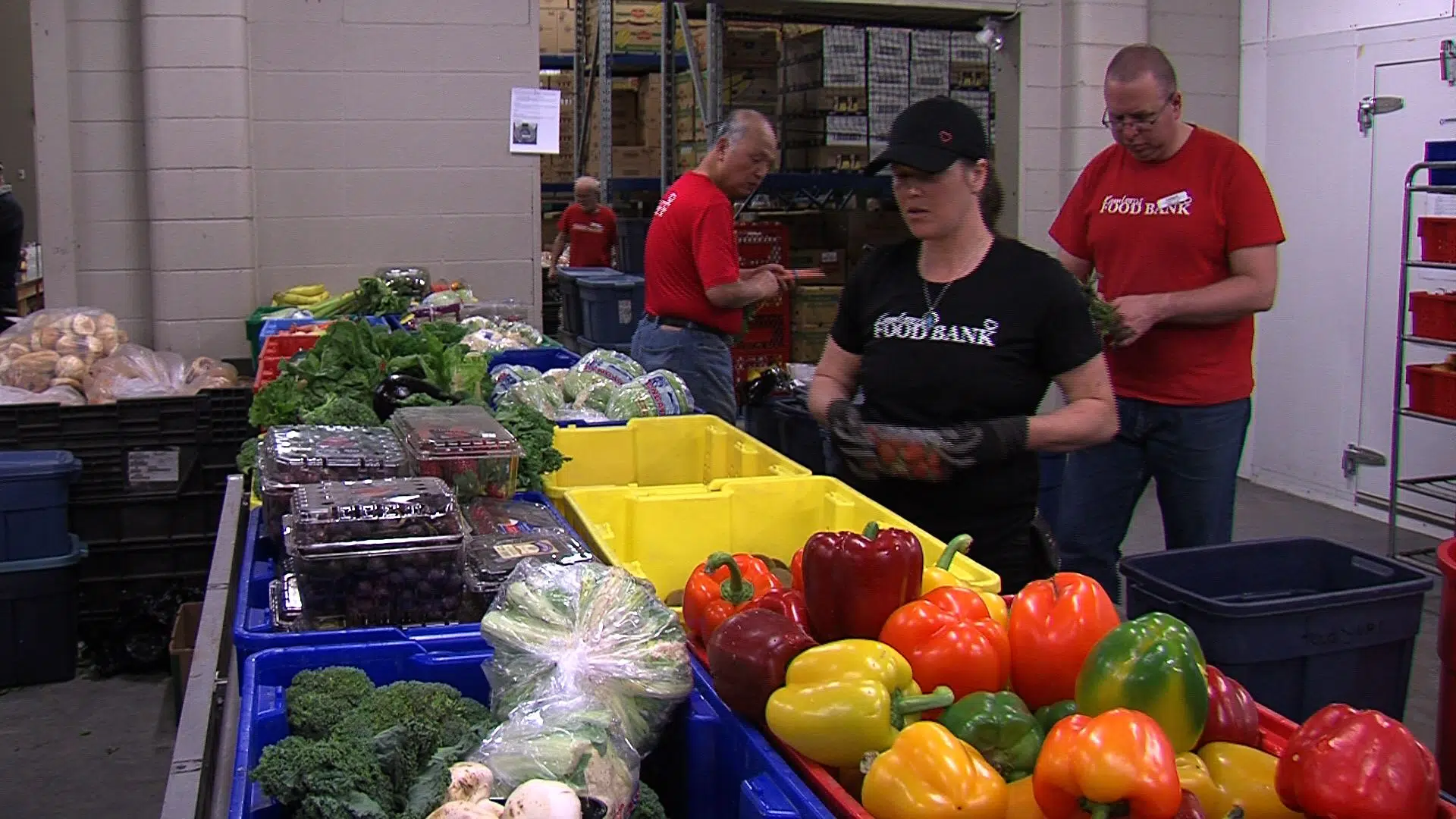
B.C. food banks to model food recovery programs after Kamloops’
KAMLOOPS — Food banks across B.C. are getting a funding boost from the province.
Last week an investment of $24 million to support low-income families was announced. $10 million will be used to help food banks receive and distribute food to families in need, something Kamloops has been able to do well through its foodSHARE program.


